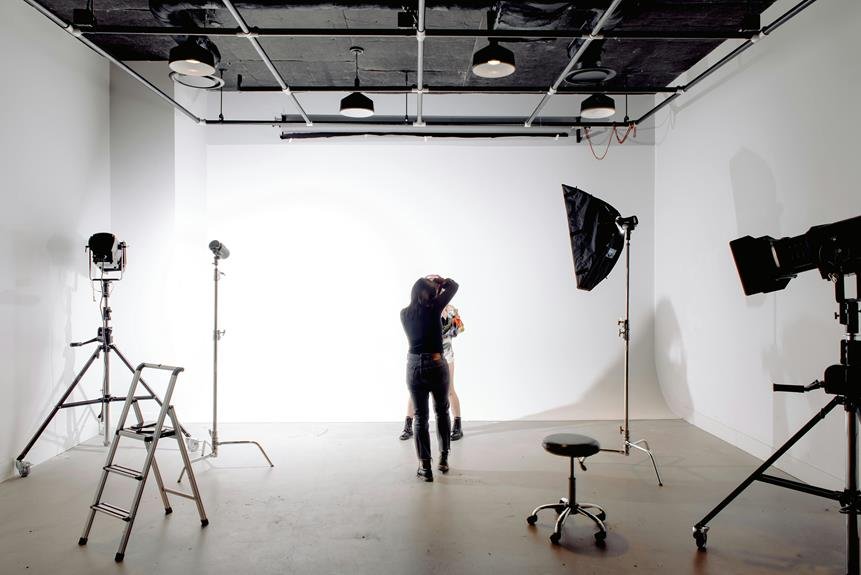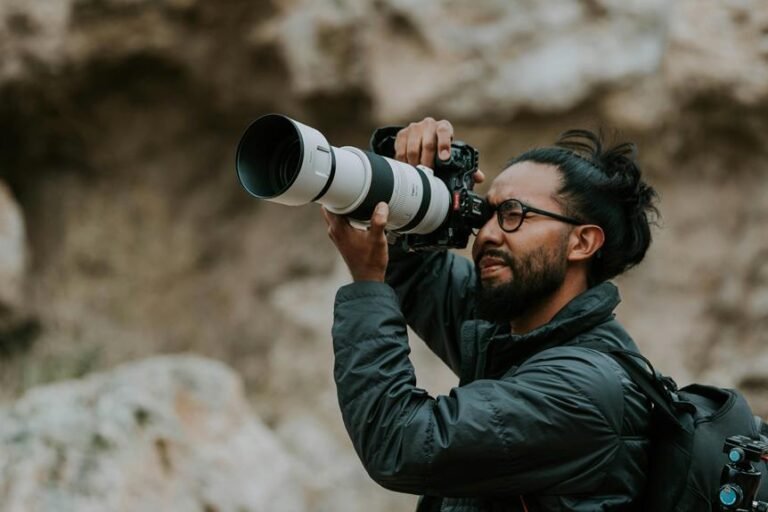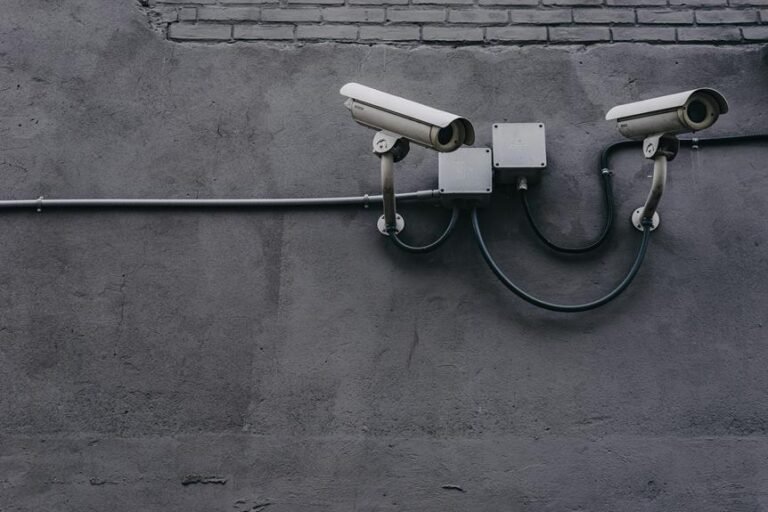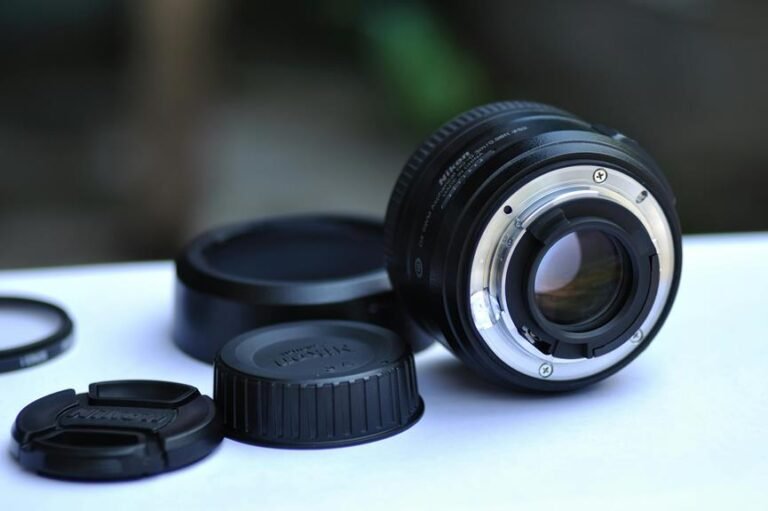Can I Wear a Body Camera at Work: Legal and Ethical Considerations
If you're considering wearing a body camera at work, it's important to comprehend the legal and ethical aspects linked to this choice. Understanding the workplace surveillance laws, employee privacy rights, company policies, consent regulations, and data security measures are essential in maintaining a balanced and compliant work environment. By being aware of ethical implications, evidence handling protocols, and employee training requirements, you can guarantee transparency and accountability within your workplace. Making informed decisions regarding body camera usage will not only protect individual rights but also promote a culture of respect and responsibility.
A Quick Overview
- Compliance with workplace surveillance laws is crucial.
- Employee privacy rights should be considered when implementing body cameras.
- Clear company policies and guidelines on body camera use should be established.
- Data security and storage must be prioritized to protect sensitive information.
- Thorough employee training on body camera usage and ethical considerations should be provided.
Workplace Surveillance Laws
When considering workplace surveillance laws, understanding the legal framework governing the use of surveillance devices is vital for employers and employees alike.
Surveillance technology has become prevalent in workplace monitoring, allowing employers to guarantee safety and productivity. It's essential to navigate the legalities surrounding these tools to strike a balance between protecting employees' rights and safeguarding business interests.
Compliance with regulations is paramount in maintaining a harmonious work environment.
Employee Privacy Rights
Exploring the legal landscape of workplace surveillance laws naturally leads to a critical examination of employees' privacy rights within the organizational setting.
Privacy concerns arise as organizations implement surveillance measures to safeguard security and efficiency. Finding the appropriate surveillance balance is vital to protect both the company's interests and the individual rights of employees.
Understanding these dynamics is essential for fostering a work environment that respects privacy while maintaining safety and productivity.
Company Policies and Guidelines
To establish clear boundaries and expectations regarding the use of body cameras at work, companies must develop thorough policies and guidelines.
Technology integration and compliance requirements should be outlined to guarantee proper usage.
These policies also need to address privacy concerns and respect employee rights, balancing the benefits of body cameras with the protection of personal information.
Clear guidelines will help employees understand the boundaries and expectations set by the company.
Data Security and Storage
Ensuring the secure storage and protection of data captured by body cameras is critical for maintaining confidentiality and compliance within the workplace.
Implementing robust security protocols and data encryption measures can help safeguard sensitive information from unauthorized access or breaches.
Consent and Recording Regulations
To comply with legal and ethical standards, obtaining consent and adhering to recording regulations are essential when utilizing body cameras in the workplace. Respecting personal boundaries and following recording etiquette is vital.
Effective communication and trust-building within the workplace are fundamental in ensuring that all parties feel respected and protected when body cameras are being used. Clear guidelines and open dialogue can help establish a sense of mutual understanding and respect among employees.
Ethical Implications and Considerations
When considering the use of body cameras in the workplace, it's important to carefully examine the ethical implications and considerations that arise from their deployment.
- Ethical Dilemmas: Balancing transparency with employee privacy.
- Privacy Concerns: Ensuring sensitive information is protected.
- Trust Building: Fostering trust between employees and employers.
- Accountability: Holding all parties accountable for their actions.
Handling Evidence and Chain of Custody
Maintain a meticulous record of handling evidence and ensuring the integrity of the chain of custody is essential when utilizing body cameras in the workplace.
To uphold evidence integrity, establish clear custody procedures. Documentation should include who handled the evidence, when it was collected, stored, and transferred.
Adhering to strict protocols minimizes the risk of tampering, ensuring the reliability of the recorded footage for potential investigations or legal proceedings.
Employee Training and Awareness
For maximum utilization of body cameras in the workplace, make sure that employees receive thorough training and are fully aware of the ethical and legal responsibilities associated with wearing them.
Effective awareness training guarantees employees understand their rights and obligations when using body cameras. It also fosters a culture of transparency and accountability within the organization.
Frequently Asked Questions
Can I Use a Body Camera During Breaks or Off-Duty Hours?
You may wear a body camera during breaks or off-duty hours, but consider privacy concerns and legal implications. Guarantee you follow workplace policies and laws. Protect others' privacy and your rights with caution.
Are There Specific Industries Where Body Cameras Are Prohibited?
In certain industries, such as healthcare and legal services, body cameras are often prohibited due to privacy concerns and security risks. These restrictions aim to safeguard sensitive information and maintain professional boundaries.
What Happens if My Body Camera Captures Sensitive Personal Data?
If your body camera captures sensitive personal data, it raises concerns about data protection and privacy. To address this, establish strict protocols for handling and storing such information are in place to safeguard individuals' privacy rights.
Do Body Cameras Have Any Impact on Workplace Culture?
Wearing body cameras at work can raise privacy concerns and impact productivity. They may influence workplace culture by fostering employee distrust or increasing management transparency. Consider the balance for a cohesive and trusting environment.
Can I Refuse to Wear a Body Camera for Religious Reasons?
If you have religious reasons not to wear a body camera, you may be able to request workplace religious accommodations. Just as with attire, employers must consider and accommodate sincerely held religious beliefs, unless it poses an undue hardship.







